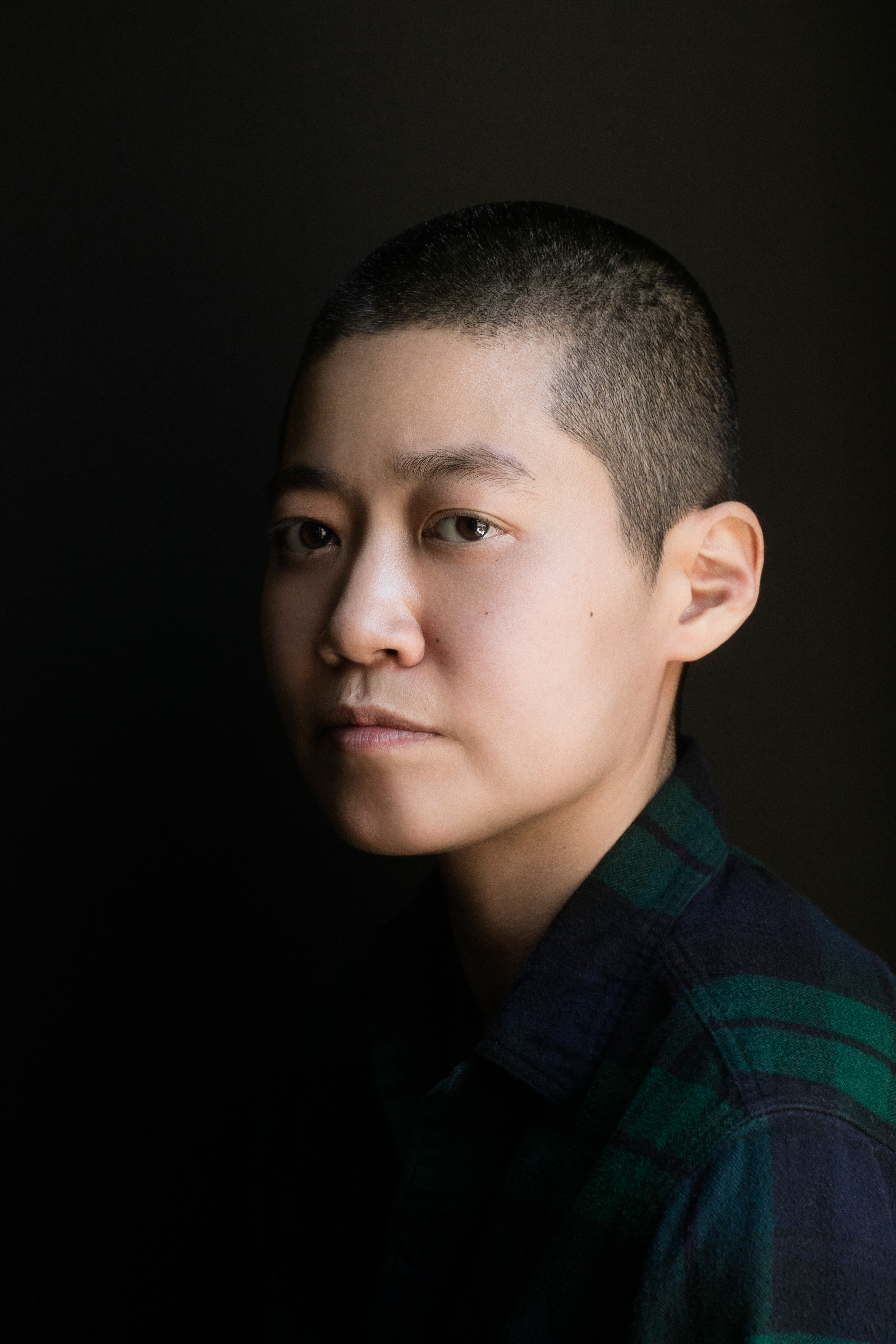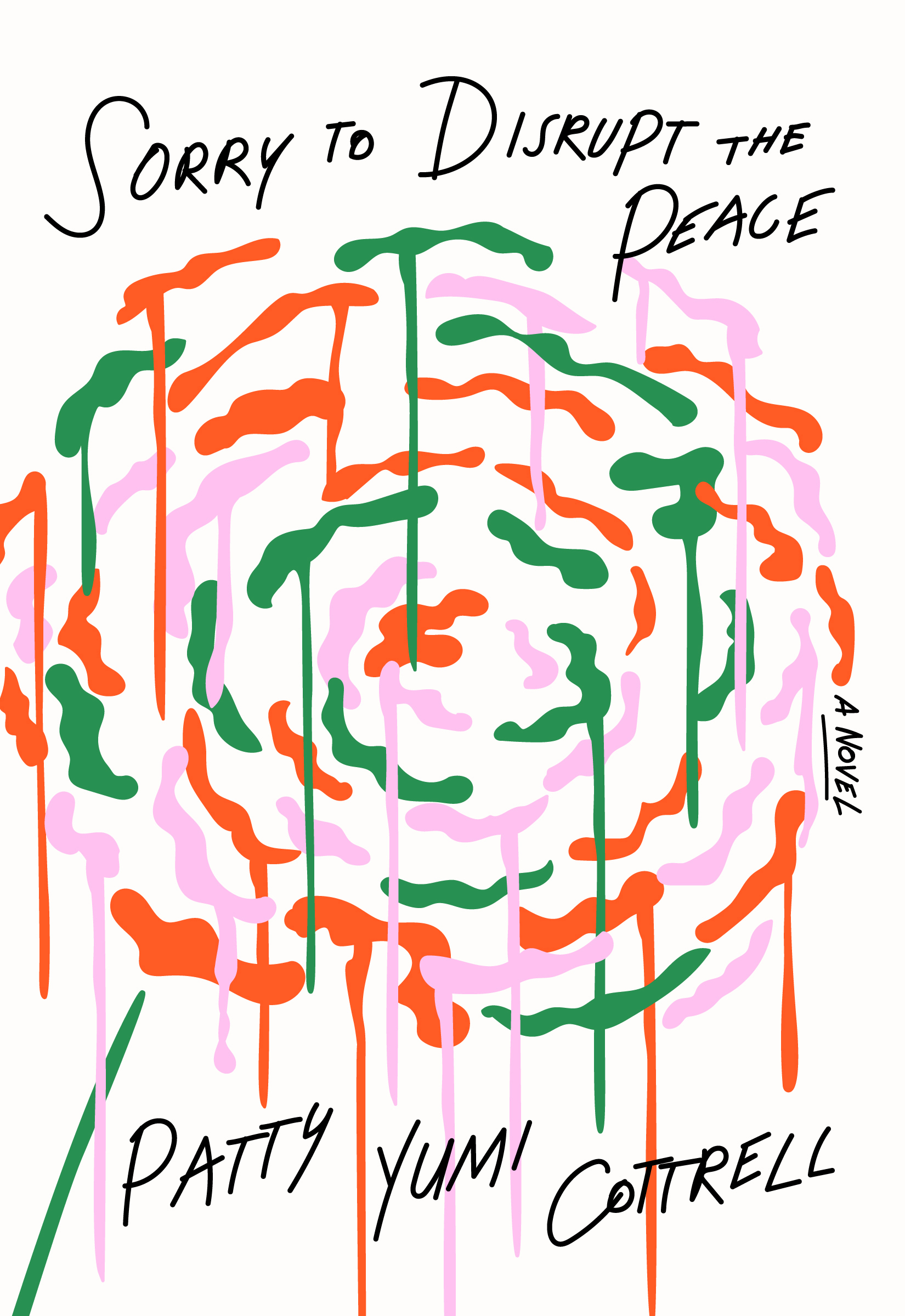Patrick Cottrell was born in Korea and raised in Pittsburgh, Chicago, and Milwaukee. His work has appeared in Guernica, BOMB, and Gulf Coast, among other publications. Sorry To Disrupt the Peace, his first novel, was long-listed for the Times Literary Supplement’s Republic of Consciousness Prize, and was the winner of the Best First Book – Fiction 2017 National Medal from the Independent Publisher Book Awards and Barnes & Noble’s 2017 Discover Award for Fiction. Cottrell is the recipient of a 2018 Whiting Award in Fiction and teaches at the University of Denver.

-
Sorry to Disrupt the PeaceA Novel
I pictured in my mind the house at the bottom of the hill, a dark house I had not set foot inside for many years, a house as large and spacious as a medieval fortress, with enough square footage for at least one or two more Catholic families. It was not a cheaply built house, as my adoptive father liked to say. It did not come cheaply built. My parents are somewhat rich, but, like most Midwesterners, they are the cheapest people I have ever known. Despite their lack of financial stress, they are extravagant in their cheapness, their discount-hunting, their coupon-scissoring, their manuals on how to save. It was important, they said, to think about the catastrophic future, to always have a backup account filled with hundreds of thousands of dollars. To think about it too much depressed me. My entire existence was infected by this cheapness, this so-called frugality. Of course, it would be wrong not to acknowledge that these values of cheapness or frugality were what allowed once-orphans like myself and my now-dead adoptive brother to grow up, and to thrive even, in the comfort and security of the not cheaply built house. But there would be no more thriving for us, as one of us was dead.
 Sorry to Disrupt the Peace : A Novel
Sorry to Disrupt the Peace : A Novel -
Sorry to Disrupt the PeaceA Novel
I hadn’t expected to have such a visceral reaction to his door, only a few hours ago I thought I would rip it open. I surprised myself; I shuddered as I walked past, and went downstairs and into the living room and kitchen, where I looked around. I noted that some knickknacks from my memory were missing, and that they had been replaced with new knickknacks, but the overall arrangement of the house had stayed the same. Old knickknacks had not been removed without being replaced with fresh, new knickknacks. The wicker replaced the leather, I said to no one.
What I needed to do was gather clues like some kind of gigantic clue-collecting agent and then put them into an overarching single theory-idea and perhaps this would answer the question of what led my adoptive brother to take his own life. Was I crying? One might have asked me, but no one was there.
 Sorry to Disrupt the Peace : A Novel
Sorry to Disrupt the Peace : A Novel -
Sorry to Disrupt the PeaceA Novel
I stared at his photo; he didn’t even look that
Korean, he looked Chinese, and every time
we went to a Chinese restaurant, the waitress
would ask if he was Chinese, but I would
never be asked, because it was very obvious
to everyone that I was Korean or possibly
Tibetan. Growing up, we both admitted to one
another that we wanted to be white. As little
children we were told that if we prayed to
Jesus Christ, if we spoke to Jesus Christ as if
he were our friend, if we told him the deepest
desires in our hearts, he would answer our
prayers and grant us our wishes, as long as
we believed in him with a pure abiding faith.
I want to be white, he said to me once.
I want to be white, too, I said to him.
Sometimes at night I pray to God that I
will wake up and be white, he said.
I too have spent nights in prayer to our
lord Jesus Christ that I would become white, I
said.
 Sorry to Disrupt the Peace : A Novel
Sorry to Disrupt the Peace : A Novel
“His voice is unflinching, unforgettable, and animated with a restless sense of humor.” —Catherine Lacey, author of Nobody Is Ever Missing [on Sorry to Disrupt the Peace]
“A sort of Korean-American noir, lean and wry and darkly compelling, I respectfully suggest you read him now.” —Ed Park, author of Personal Days [on Sorry to Disrupt the Peace]
"Disturbing and hilarious, Cottrell's haunting debut explores the toxic fumes that radiate from the narrator's dysfunctional familial network, arresting development, truncating lives, and dragging everything into a vertiginous chasm the narrator, Helen Moran, investigates. Cottrell seduces his readers into an uncanny abyss." —Azareen Van der Vliet Oloomi, author of Fra Keeler [on Sorry to Disrupt the Peace]
Patrick Cottrell’s Sorry to Disrupt the Peace is a giddy, furious wallop of a novel. Casting the reader into the tense space between humor and horror, Cottrell engages deeply with repulsion, disgust, antipathy, and grief; he refuses entirely to resort to false transcendence. The bravery of this is astounding. His work opens up fresh lines of questioning in the old interrogations of identity, the politics of belonging, and the problem of other minds.